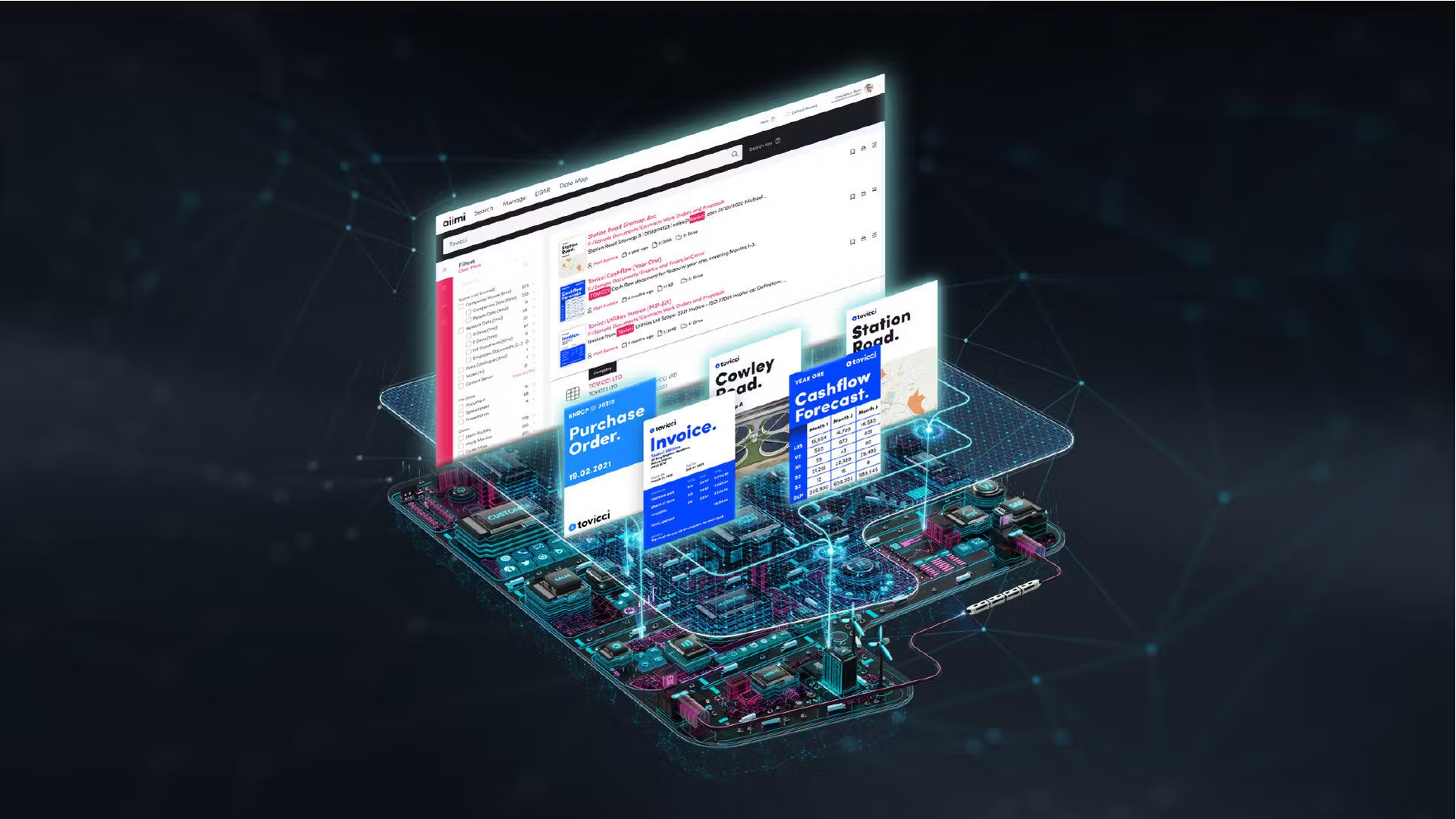Search is history. The future is now served.

Back in the early days of the commercial internet, or BB (Before Broadband), you couldn’t even search for what you were looking for. The web experience was divided between those in the know and serendipity for the rest of us.
Then the search engines arrived, and the quest was on for one search engine to rule them all. Well, we all know how that turned out. When your company name becomes a verb for what you do, you’ve arrived. Since those heady days much has changed, not least of which the way in which we find what we need, or maybe didn’t even know we needed, on the internet.
The rise of the recommendation engine
This has been down to one of the most powerful advancements in online technology over the last decade: the recommendation engine. From articles of interest prompted in your feed to suggested songs, email reminders to a colleague, or programmatic advertising, it seems that unseen algorithms are guiding our every decision. By serving information to us in a way we’ve never seen before, they’ve almost made the notion of searching a thing of the past.
 However, viewing recommendation engines purely as drivers of commerce is myopic. They don’t simply influence consumption, they pro-actively shape the investments — financial, cultural, social — that people make in themselves and the environments in which they function. Smart people realise that it’s dumb to ignore good advice from smart machines. It’s time smart businesses woke up to this too.
However, viewing recommendation engines purely as drivers of commerce is myopic. They don’t simply influence consumption, they pro-actively shape the investments — financial, cultural, social — that people make in themselves and the environments in which they function. Smart people realise that it’s dumb to ignore good advice from smart machines. It’s time smart businesses woke up to this too.
The intelligent automation age
Data-based automation — largely powered by Artificial Intelligence (AI) and Machine Learning (ML) —is poised to be their alarm clock. Insight engines have arrived, and in a short while we’ll all wonder how we managed to work with any kind of efficiency without them.
Let’s take fraud and cybersecurity as an example. Analysts must evaluate hundreds or even thousands of alerts every day, leading to what some have termed “alert fatigue”. In aviation they have been aware of this problem for some time, due to there being over 200 warning and caution situations that passenger jet pilots need to be conscious of. To combat this potential information overload, airlines have carefully prioritised their alerts systems to reduce distractions and keep pilots focused on the most important issues that’ll keep the plane in the air during emergencies.
 Most cybersecurity teams, whilst integral to any business, do not hold the actual lives of their co-workers or customers in their hands. Therefore, investing in a such a costly bespoke system for the average IT team wouldn’t make economic sense. But ML can now provide an affordable solution via its application within insight engines.
Most cybersecurity teams, whilst integral to any business, do not hold the actual lives of their co-workers or customers in their hands. Therefore, investing in a such a costly bespoke system for the average IT team wouldn’t make economic sense. But ML can now provide an affordable solution via its application within insight engines.
A new kind of difference engine
With an insight engine, cybersecurity analysts can apply models that automatically surface the alerts or activities that are truly suspicious or anomalous. This saves countless hours and greatly increases the efficacy of their security work. It’s easy to imagine how many types of work would be made easier if they had better-than-Netflix levels of recommendation. Teams would know exactly which alerts mattered and even their order of urgency. And here, accuracy really matters: time wasted chasing false alerts or noncritical issues is time lost on incidents that are truly important.
 Beyond cybersecurity, high-powered recommendation algorithms could be applied to enterprise applications to rapidly streamline business processes. Improvements in algorithm performance will have ripple effects impacting every digital industry. However, making effective real-time recommendations depends on a data platform that understands the relationships between entities, as well as the quality and strength of those connections.
Beyond cybersecurity, high-powered recommendation algorithms could be applied to enterprise applications to rapidly streamline business processes. Improvements in algorithm performance will have ripple effects impacting every digital industry. However, making effective real-time recommendations depends on a data platform that understands the relationships between entities, as well as the quality and strength of those connections.
Information that knows what it is and what it should be doing
So, when we say: search is history, the future is served, what we mean is that your information is now in service to you. Rather than laying there dormant waiting to be discovered, it’s actively searching for where it can be relevant to you and surfacing itself accordingly. We think this has the potential not only to change the way we all work, but to also alter how we view information. It’s no longer reactive, it’s proactive.
Want to find out more about navigating the compliance landscape with insight engines? Download our latest eGuide - Unlocking intelligent insights in an increasingly regulated world.
Stay in the know with updates, articles, and events from Aiimi.
Discover more from Aiimi - we’ll keep you updated with our latest thought leadership, product news, and research reports, direct to your inbox.
You may unsubscribe from these communications at any time. For information about our commitment to protecting your information, please review our Privacy Policy.



